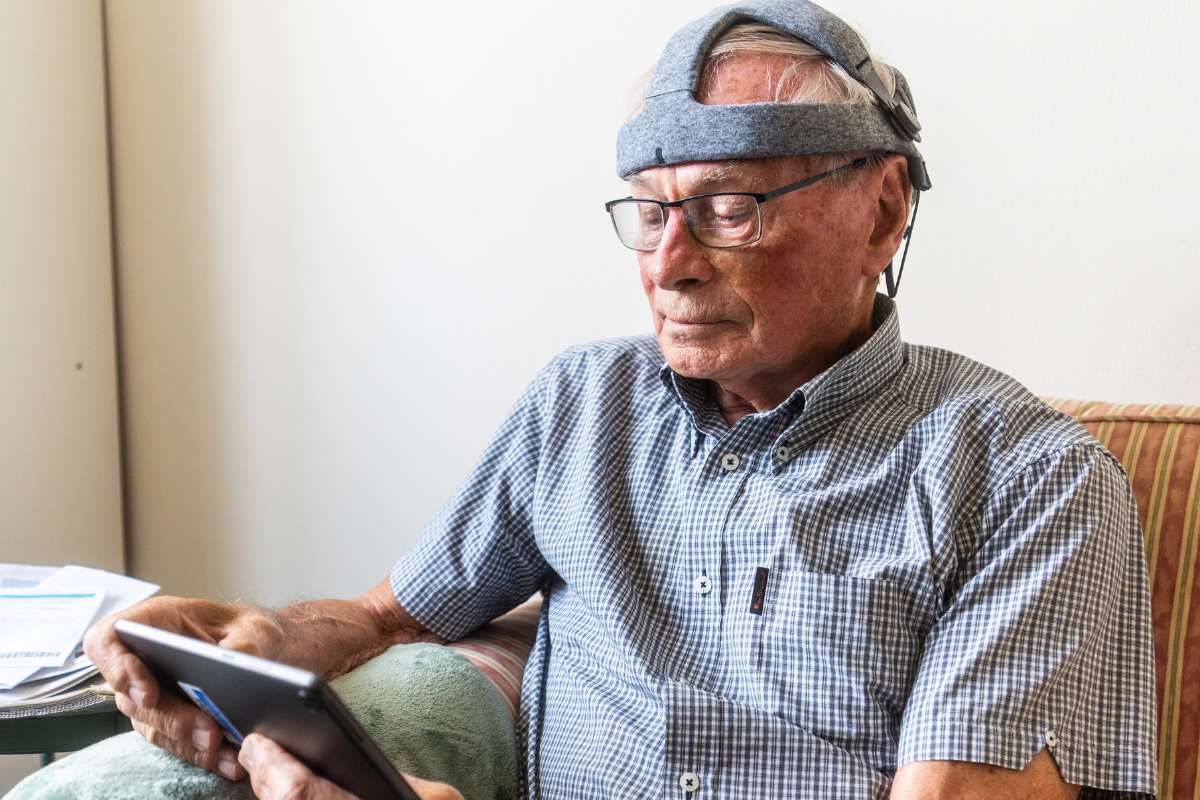
"Researchers at the University of Bath said current diagnostic tools are missing the first 10 to 20 years of Alzheimer's, but believe a new Fastball test could transform the way the disease is detected. The 180-second passive test, that records electrical activity in the brain while participants view a stream of images, has been found to reliably identify memory problems in people with Mild Cognitive Impairment (MCI) a condition that can lead to Alzheimer's."
"For the first time, researchers have shown the test can take place in patients' homes as well as GP surgeries and memory clinics, which researchers say could be the key to addressing an urgent need for lower-cost and more accessible screening. Dr Stothart's research is hoped to make screening more accessible (University of Bath) They added that the breakthrough of new Alzheimer's miracle drugs donanemab and lecanemab means early diagnosis is more important than ever before."
Researchers at the University of Bath developed a 180-second Fastball brainwave test that records electrical brain activity while participants view a rapid stream of images. The passive test reliably identified memory problems in people with Mild Cognitive Impairment (MCI), a condition that can progress to Alzheimer's, indicating potential detection years before clinical diagnosis. The test has been shown feasible in patients' homes, GP surgeries and memory clinics, improving accessibility and lowering cost. The emergence of antibody drugs donanemab and lecanemab increases the need for early diagnosis to enable timely treatment. The test's brevity and passive administration could transform screening pathways and address gaps left by current diagnostic tools.
Read at www.independent.co.uk
Unable to calculate read time
Collection
[
|
...
]